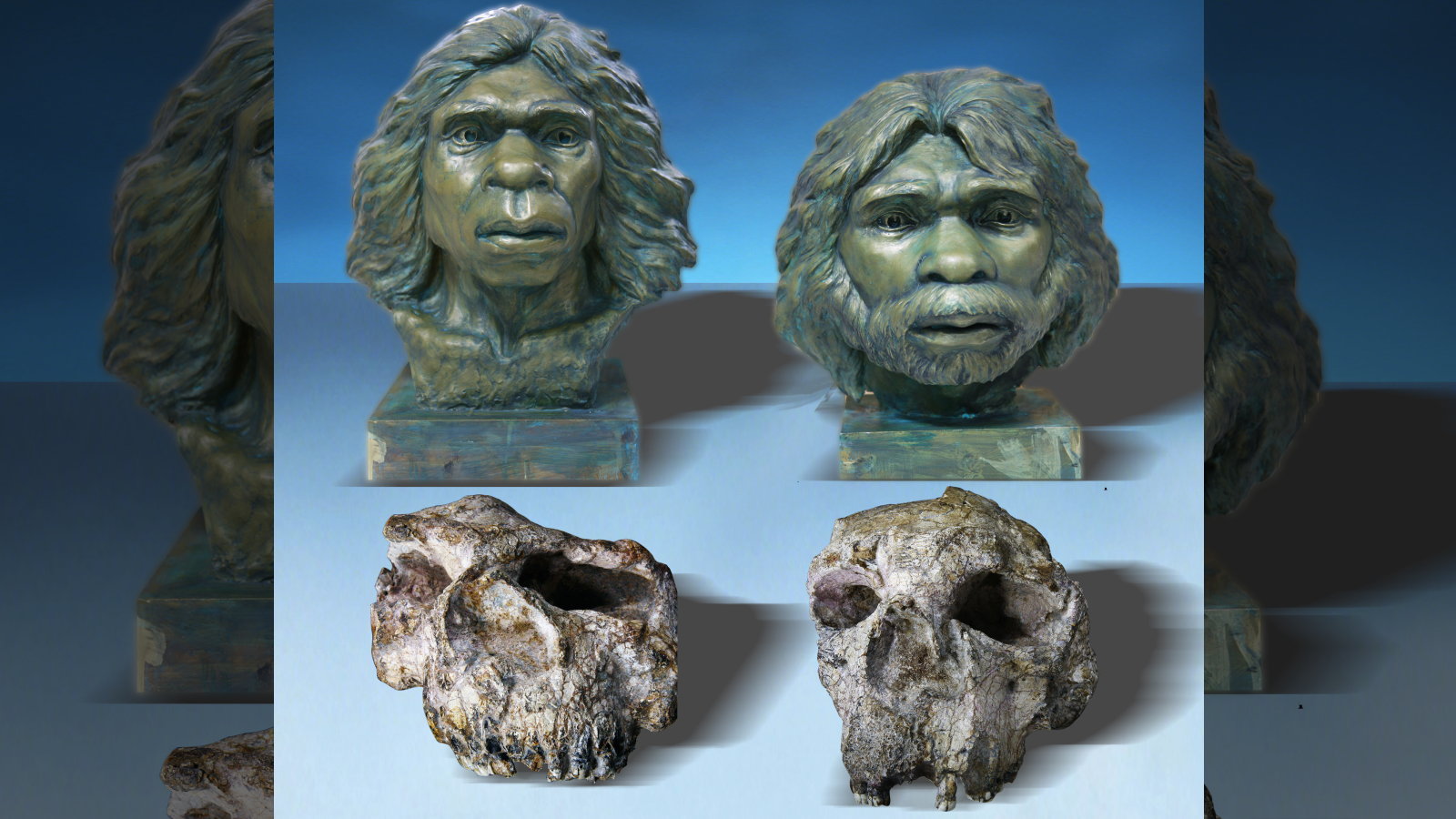Meteoroid news, features and articles
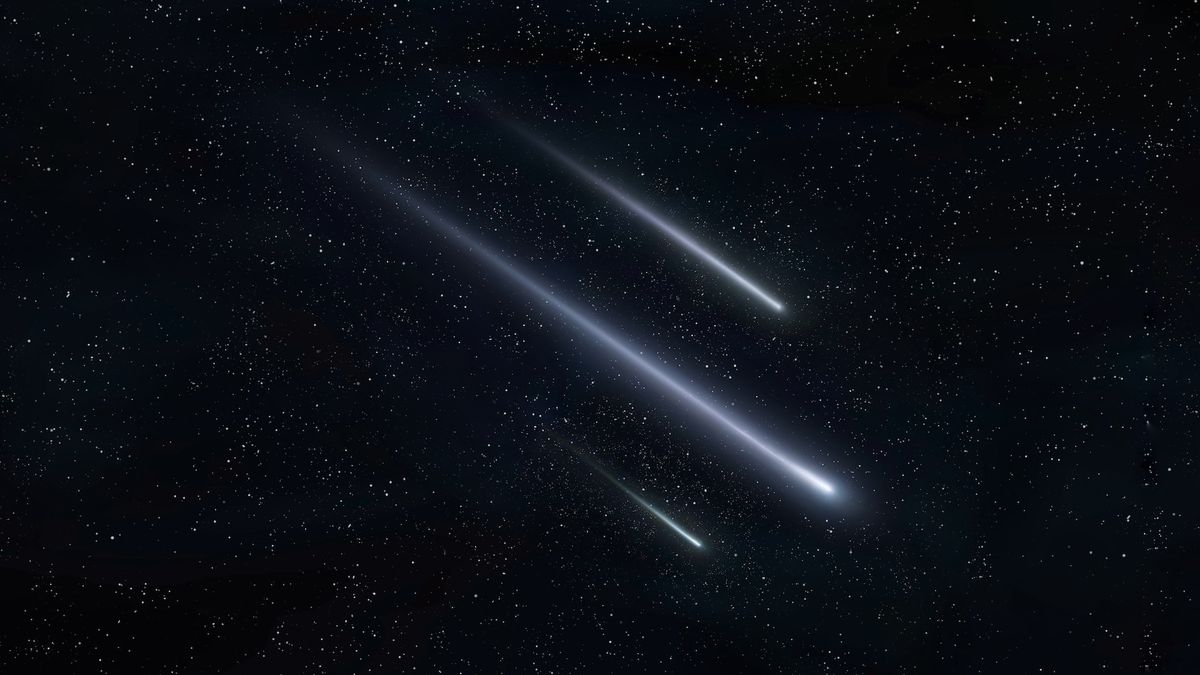
Meteoroids are tiny asteroids or bits of comets that become meteors when they burn up in a planet's atmosphere, and meteorites when they strike the surface intact.
Live Science tells you everything you need to know about these falling space rocks, with articles about how many meteorites hit Earth every year, guides on how to watch the Perseid meteor shower and other spectacular celestial events, and detailed coverage of meteoroid research, including studies of meteorites containing all of the building blocks of DNA, the world's first "boomerang meteorite" and the oldest evidence of a meteor hitting Earth. So, to become a space rock savant like our expert writers and editors, check out the latest meteoroid news, features and articles at Live Science.
Discover more about meteoroids
—What's the difference between asteroids, comets and meteors?
Latest about Meteoroids
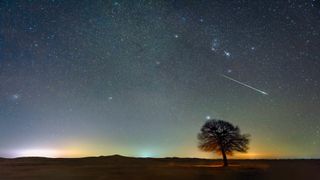
Ursid meteor shower 2025: When and where to see 'shooting stars' on the longest night of the year
By Jamie Carter published
Here's how to see the Ursid meteor shower, which peaks in dark skies close to a new moon this year.
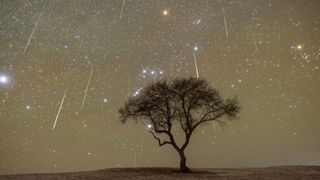
See up to 150 'shooting stars' per hour this weekend as the Geminid meteor shower reaches its stunning peak
By Jamie Carter last updated
The Geminid meteor shower peaks this weekend! The Geminids peak overnight on Dec. 13 and 14, when up to 150 "shooting stars" per hour will rain down on Earth in a near-moonless night sky.

100,000 mph 'comet fragment' explodes in green fireball over Great Lakes, eerie videos show
By James Price published
A fireball lit up the skies over the Great Lakes in the early hours of Sunday and was visible for hundreds of miles.
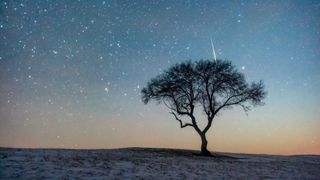
This week's Leonid meteor shower could be one of the best in years. Here's why.
By Jamie Carter published
The Leonids peak overnight Nov. 16-17, offering up to 15 meteors per hour under dark, moonless skies.
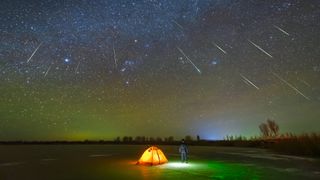
Orionids 2025: Meteor shower caused by Halley's Comet peaks as two new comets cross the sky
By Jamie Carter published
Comets Lemmon and SWAN will be at their brightest just as the annual Orionid meteor shower produced by Halley's Comet reaches its peak.
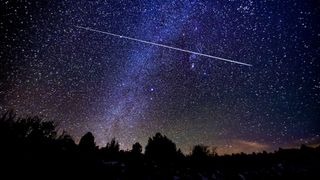
Dramatic 'fireballs' expected during Draconid meteor shower this week: How to get the best views
By Jamie Carter published
Expect a modest-but-convenient display of "shooting stars" after sunset, with a chance of bright "fireballs," as the Draconids peak this week.

Meteorite that crash landed through Georgia man's roof is 20 million years older than Earth, scientists say
By Patrick Pester published
Researchers have analyzed the McDonough meteorite, which crashed through a man's home in June, and determined that it is older than our planet.
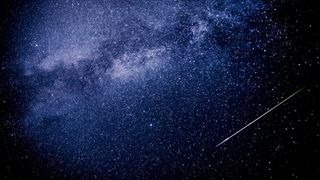
Perseid meteor shower 2025: How to see 'shooting stars' despite the full moon
By Jamie Carter published
One of the most prolific meteor showers of the year will peak overnight on Aug. 12-13, but a bright moon will reduce its visual impact.
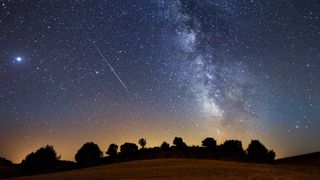
The Perseids are about to peak — here's how to watch the glorious meteor shower without the full moon ruining the show
By Jamie Carter last updated
As many as 100 "shooting stars" per hour can be seen during the peak of the Perseids on Aug. 12 and 13, but a bright full moon means evasive action is required.
Get the world’s most fascinating discoveries delivered straight to your inbox.
 Live Science Plus
Live Science Plus











